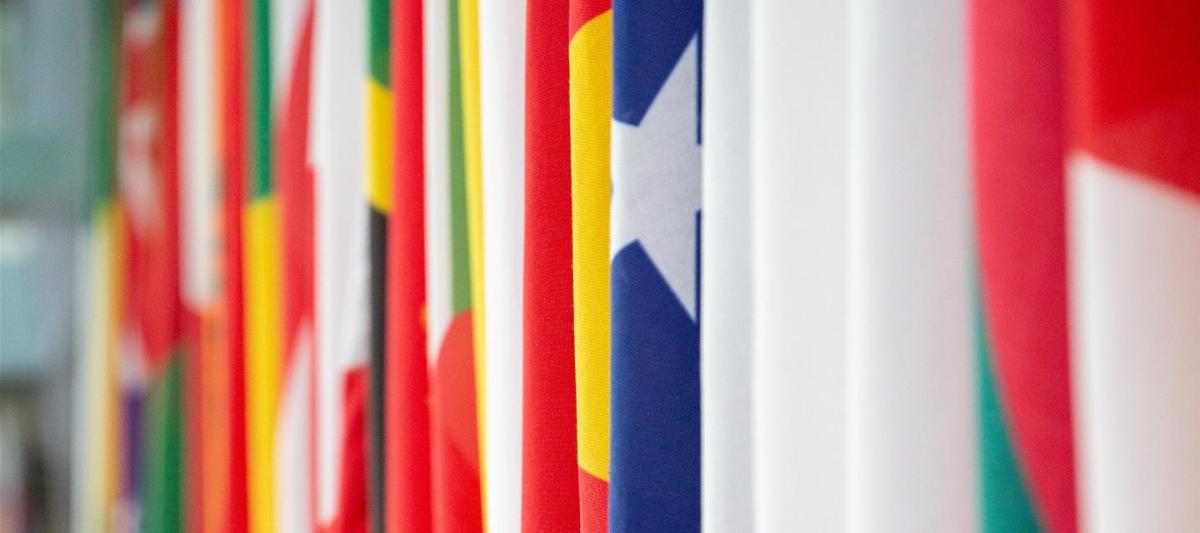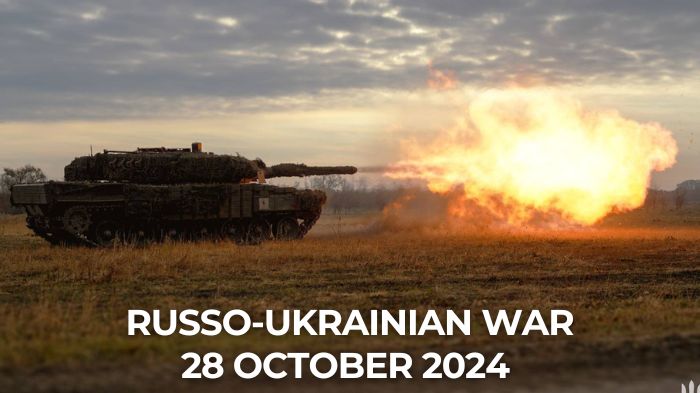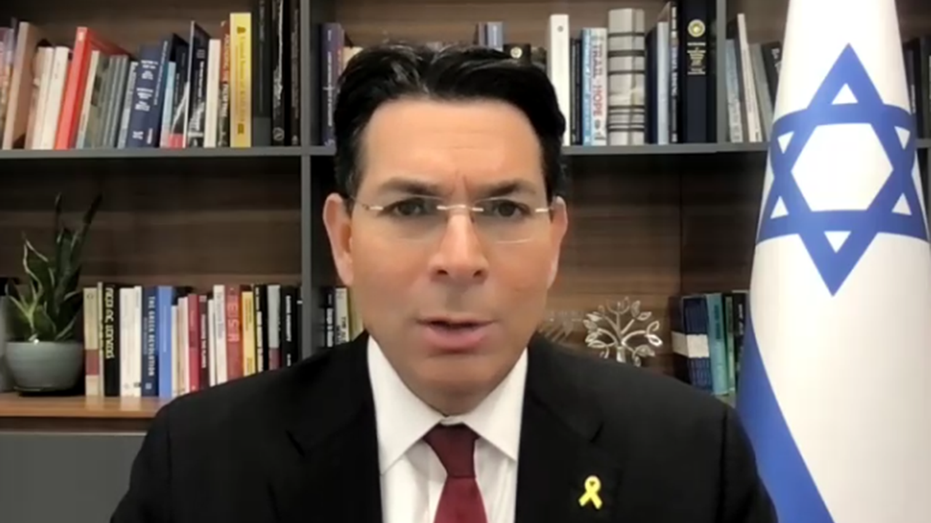Armenia ratifies Rome Statute, gains power to arrest Putin on its soil
On 1 February, Armenia officially became the 124th state that joined the Rome Statute of the International Criminal… The post Armenia ratifies Rome Statute, gains power to arrest Putin on its soil appeared first on Euromaidan Press.

On 1 February, Armenia officially became the 124th state that joined the Rome Statute of the International Criminal Court (ICC), granting it the authority to arrest Russian leader Vladimir Putin on its territory.
The Rome Statute of the International Criminal Court, adopted at a diplomatic conference in Romis, is the treaty that established the International Criminal Court. As of 2024, 124 states have ratified the Rome Statute, which empowers the ICC to exercise its functions and jurisdiction on the territory of any state party.
Under the jurisdiction of the ICC, its members investigate the most serious crimes, including genocide, crimes against humanity, war crimes, and the crimes of aggression.
Armenia’s decision to ratify the Rome Statute suggests a significant diplomatic shift as the country takes steps to distance itself from Russia.
Among other steps by Armenia, which indicate its plans to strengthen ties with the West, are conducting joint military exercises with the US and a visit of the wife of Armenian Prime Minister Nikol Pashinyan to Kyiv with a humanitarian assistance mission. Pashinyan himself met Ukrainian President Volodymyr Zelenskyy on the sidelines of the third European Political Community Summit in Spain.
Zelenskyy meets with Armenian Prime Minister for the first time
On 17 March, the International Criminal Court issued an arrest warrant for Russian President Vladimir Putin and Russian Children’s Rights Commissioner Maria Lvova-Belova, alleging they are guilty of the war crime of unlawful deportation and transfer of children from occupied areas of Ukraine to Russia.
Despite the ratification of the Rome Statute, some of the deputies of the Armenian Parliament are opposed to the arrest of Putin. In October 2023, Deputy Speaker of the Parliament Hakob Arshakyan said that Armenia would not arrest the Russian leader even after the approval of the Rome Statute by the country’s parliament, as this would lead to a deterioration in relations between Armenia and Russia.
Read also:
- ICC arrest warrant for Putin: what’s next, and do we still need a Tribunal? Human rights defender answers
- Putin will not attend BRICS summit to avoid ICC arrest warrant
- South Africa to consult Russia on ICC arrest warrant for Putin ahead of BRICS summit
- Ministry of Foreign Affairs: Acting Ukrainian ambassador died in Armenia
- Microchip backalley: Armenia, Kazakhstan help Russia evade sanctions, produce weapons
You could close this page. Or you could join our community and help us produce more materials like this.
We keep our reporting open and accessible to everyone because we believe in the power of free information. This is why our small, cost-effective team depends on the support of readers like you to bring deliver timely news, quality analysis, and on-the-ground reports about Russia's war against Ukraine and Ukraine's struggle to build a democratic society.
A little bit goes a long way: for as little as the cost of one cup of coffee a month, you can help build bridges between Ukraine and the rest of the world, plus become a co-creator and vote for topics we should cover next. Become a patron or see other ways to support.
The post Armenia ratifies Rome Statute, gains power to arrest Putin on its soil appeared first on Euromaidan Press.



